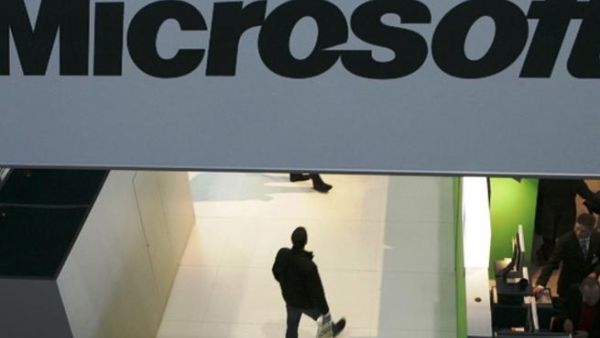Illegal software harms local and global economies

Manufacturing companies in Brazil, Russia, India and China that choose to use illegal software steal more than $1.5 billion from their in-market competitors that choose to play fair by using genuine software.
Microsoft today released the findings of the first-ever study that examines the financial impact using illegal software has on the competitive landscape within developing economies. In support of the inaugural Play Fair Day, which is a global initiative to emphasize the importance of utilizing legitimate software, this commissioned study quantifiably proves the harm software piracy has on businesses that choose to play fair.
“The illegal duplication and distribution of pirated software costs billions of dollars to the private and public sector. In addition, it affects negatively individuals’ and companies’ willingness to invest in innovations locally.” Said Valerie Bassil, Intellectual Property Manager, Microsoft Lebanon. “Microsoft will continue to work closely with the government to ensure software copyright laws are strengthened, observed and enforced.” She added
As part of this study to examine the broader economic impacts of software piracy, analysts from Keystone Strategy evaluated the illegitimate competitive advantage of companies that use illegal software. In China, manufacturers that “play fair” with legal, licensed software lose more than $863 million to companies using pirated software. This translates to more than $1 billion each year that cannot be reinvested into the economy in the form of 500 new manufacturing plants; or 65,000 new machines; or 200,000 additional employees in China alone.
“The ability to insert more than $1.5 billion per year into these economies should be reason enough to play fair, regardless of the other inherent dangers pirated software brings to a business,” said David Finn, associate general counsel for worldwide anti-piracy and anti-counterfeiting at Microsoft.“Pirated and counterfeit software is lining the pockets of dangerous criminals. What’s more, when companies use pirated software, it hinders job opportunities and stifles innovation. It is also just plain wrong.”
According to Microsoft’s research, unfairness from piracy creates a staggering $3 billion of competitive disadvantage per year across manufacturers in Latin America, Central and Eastern Europe and Asia-Pacific regions. In specific countries, Microsoft was able to determine exactly how much pirated software costs competing manufacturers in Brazil ($278 million), Russia ($92 million), India ($344 million) and China ($863 million).
Microsoft released these findings as part of Play Fair Day, which aims to educate businesses, consumers and governments to play by the rules, learn about the benefits of using legal software and build respect for intellectual property. Microsoft is holding activities in more than 50 countries around the world in order to educate businesses, governments and consumers that the decision to utilize fake software is one that is not only dangerous to personal information, but dangerous to the economic landscape as well.
Playing fair begins when people and businesses take a stand and demand legal software.
Background Information
Microsoft
Microsoft enables digital transformation for the era of an intelligent cloud and an intelligent edge. Its mission is to empower every person and every organization on the planet to achieve more.






